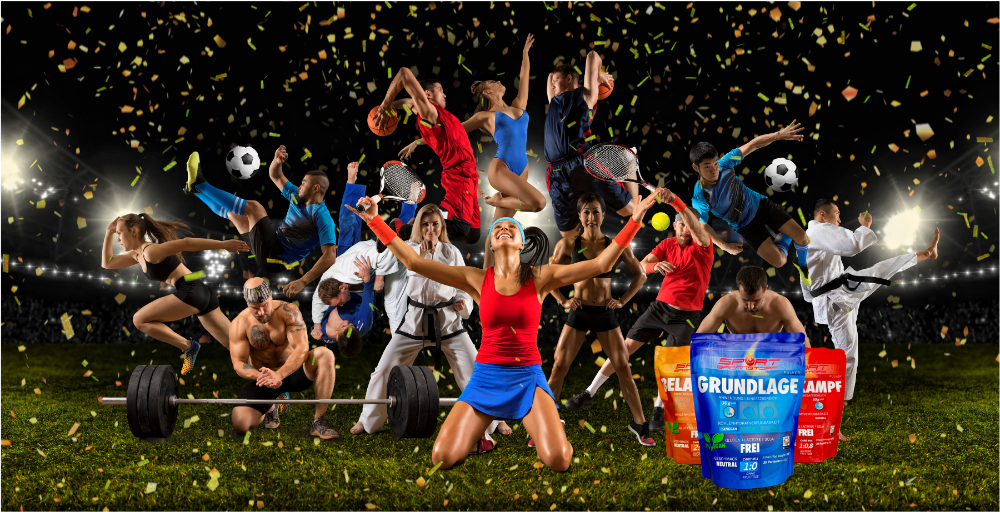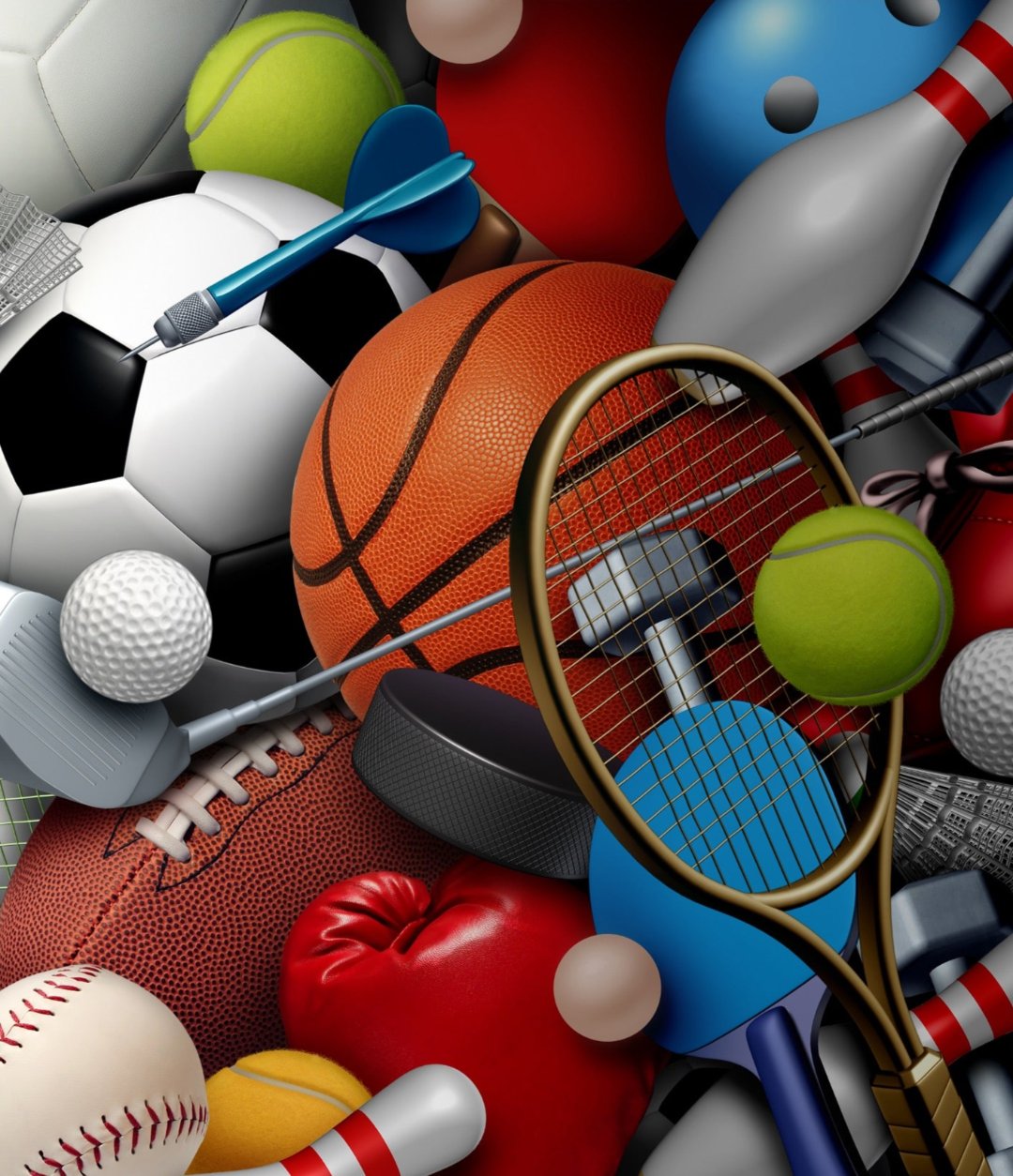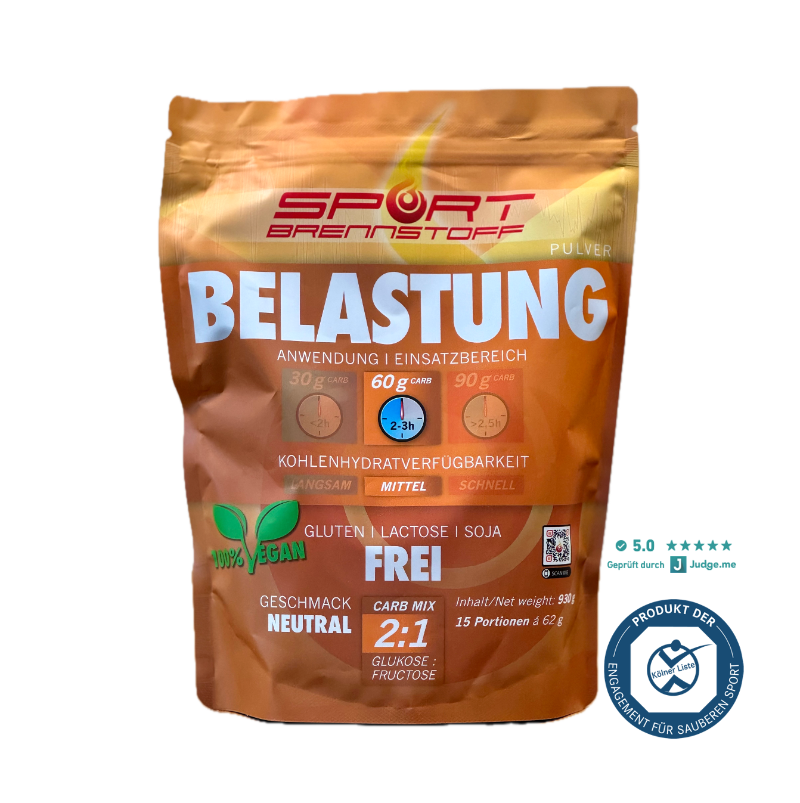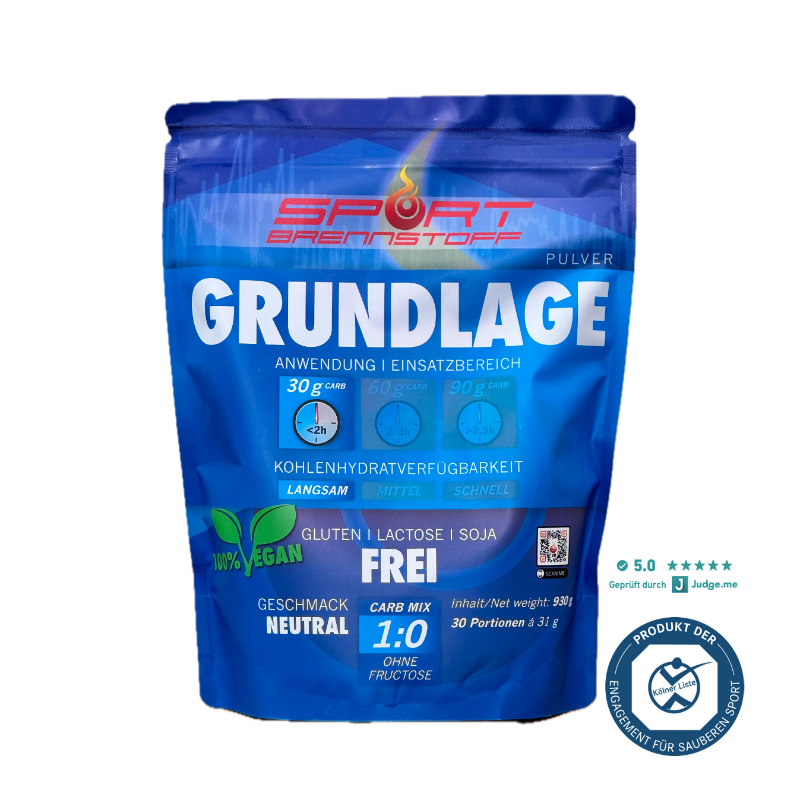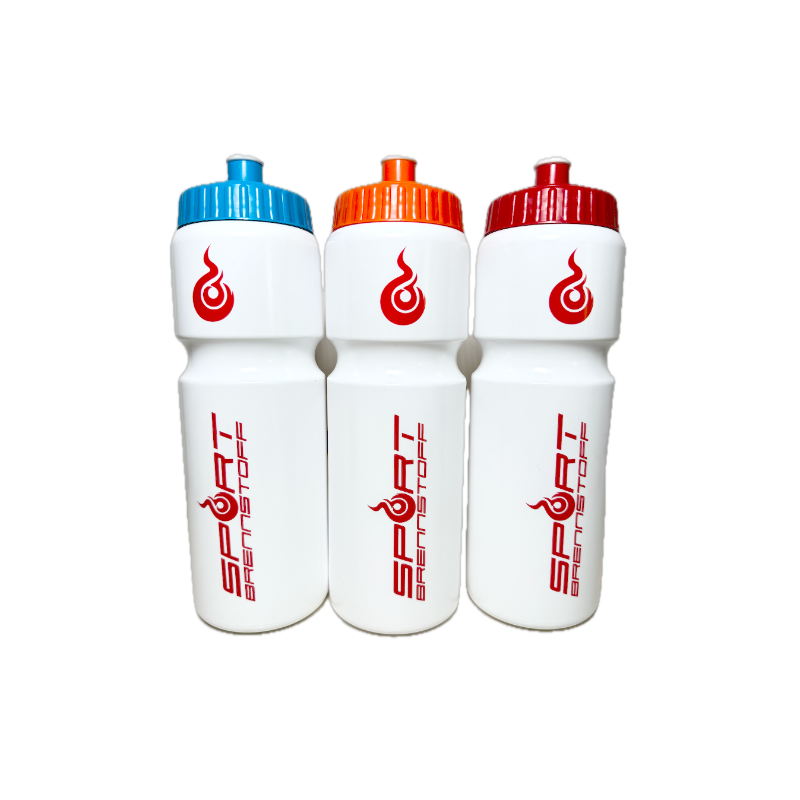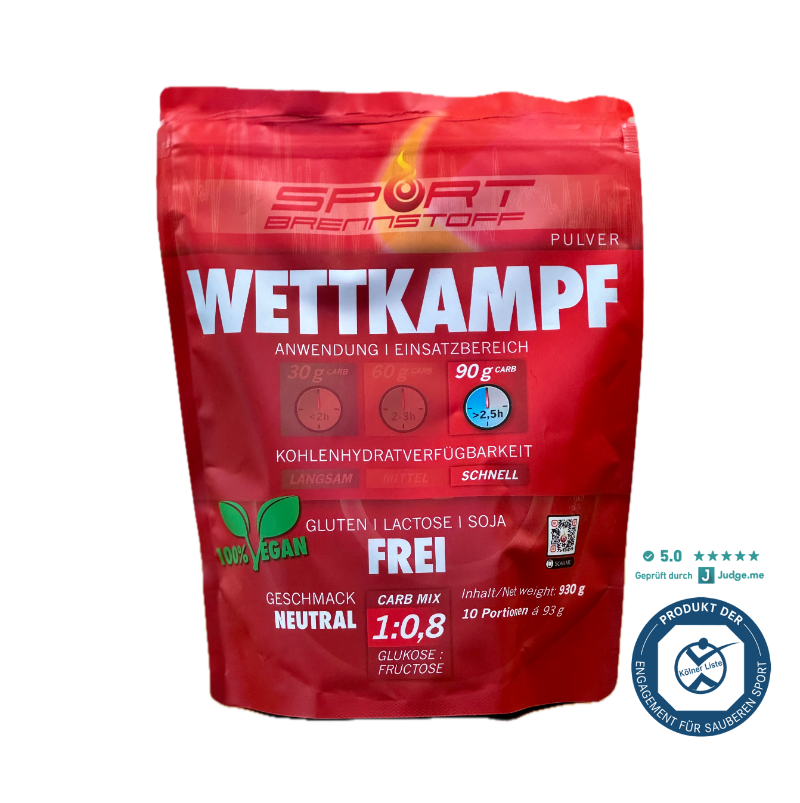Specific Sports Nutrition for Ball Sports
Specific Sports Nutrition for Ball Sports
Ball sports are varied and therefore cannot necessarily be answered in a uniform way. Ball sports are either team sports or individual sports. In general, they are more about the sports that focus on explosive strength. To do this, it is important to train a certain amount of explosive strength muscles and also to integrate strength training, but without focusing on working on mass. However, it is important to keep an eye on the right nutrition in training and competition in these sports too. Eating properly during the break guarantees that energy levels are maintained and can be decisive in the game and prevent muscle cramps.
Here are the most important aspects of nutrition before, during and after exercise:
Before exercise
| 🧆 |
Carbohydrate-rich diet: Glycogen stores should be well filled before training or competition. 3 to 4 days before intensive exercise, approximately 7-10 g of carbohydrates per kg of body weight should be consumed daily. |
| 🥪 |
Light meals: It is advisable to eat a light, easily digestible meal 3-4 hours before starting, even during training, to avoid digestive problems. 200-300g of carbohydrates are advisable.
|
| 🍼 |
Hydration: In the week before the competition, make sure you drink enough fluids, at least 1.5 liters per day plus 1 liter per hour of exercise.
|
It is important to eat the light meal before the race/training session really early. This ensures that it has already been digested and that there are no leftover food particles in the stomach or small intestine, so that the energy supply during exercise is not impaired.
During exercise
| 🍼 |
During prolonged exertion or heavy sweating, electrolyte drinks are useful to compensate for the loss of minerals. During sports with breaks and lasting several hours, carbohydrate-rich drinks are useful. |
| 🧂 |
Electrolytes: During long training sessions or competitions, the intake of electrolytes is important. It is recommended to consume 200-500 mg of sodium per 750 ml of water.
|
| 🍞 |
Carbohydrates: During exercise lasting more than 60 minutes, carbohydrates should be consumed to maintain energy reserves. Consume approximately 60g to 90g of carbohydrates per hour. Bars are not recommended.
|
When taking gel during a race or training, make sure you drink enough liquid (even during training!). We recommend taking a supply every 20 minutes, if possible.
After exercise
| 🍞 |
Fast carbohydrate intake: Glycogen storage in the muscles is most effective in the first two hours after exercise. A carbohydrate-rich meal (approx. 400-500 kcal, 60-70% carbohydrate content) should be consumed as soon as possible. Carbohydrate:protein ratio of 3:1.
|
| 🍳 |
Protein intake: 10-20 grams of protein should be consumed immediately after training or competition to support muscle repair and immune function. The guideline is approximately 0.2g to 0.4g of protein per kg of body weight.
|
| 🍼 |
Rehydration: Fluid loss should be compensated. Sports drinks or fruit juice spritzers in a ratio of 2:1 or 1:1 are recommended. DGE
|
| 🧂 |
Electrolyte balance: Using drinks containing electrolytes promotes optimal rehydration of the muscles. |
The closer the protein and carbohydrate intake is to the end of a workout or competition/training, the better the effect. The open window effect can be reduced by just taking in protein and the glycogen stores fill up much faster than if they are taken later.
By following these nutritional strategies, athletes can optimize their performance and accelerate recovery. It is important that each athlete considers their individual needs and adjusts their diet accordingly.

